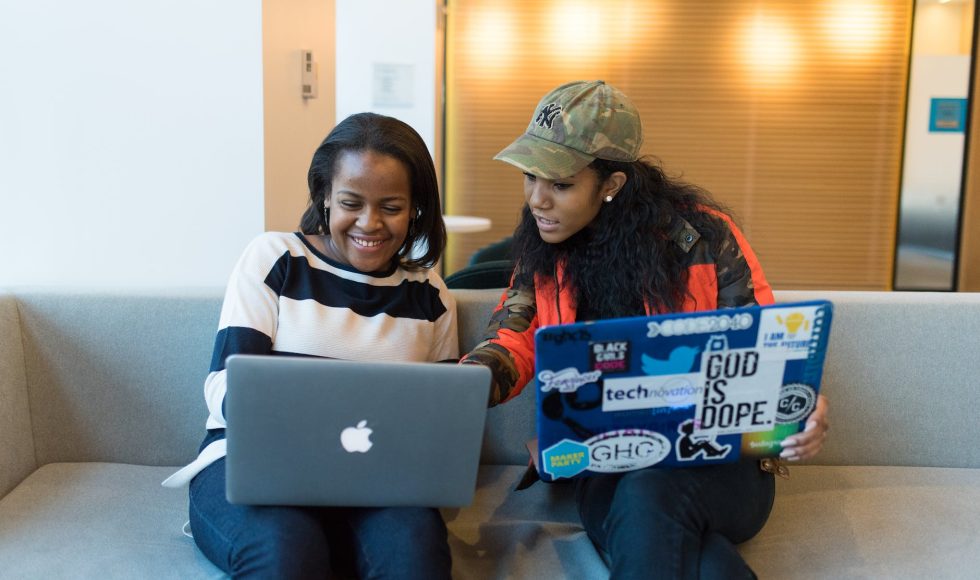Tonight I watched the Quality Matters (QM) Research Connect Conference session on assessment. The title of this session was “Assessment in Online Courses in Higher Education: Perspectives of Instructional Designers in the Age of Artificial Intelligence.” The presenters were Florence Martin, Jennifer DeLarm, both from NC State University, and Stella Kim from UNC Charlotte and […]
Tonight I watched a JMBE Live! session with the authors of the article “From Novice to Expert: An Assessment to Measure Strategies Students Implement While Learning to Read Primary Scientific Literature.” The session was presented on May 19, 2023 by Melissa McCartney, Min Zhong, Cerrone Foster, and Miriam Segura. The group worked together to study […]
This morning the ASCN group hosted Maha Bali. It was a fun session and timely, as tonight I am watching the keynote of the Alternative Assessment Institute 2022. It was really interesting to watch the session after having participated in one earlier. Bali shared slides at: https://bit.ly/altassessBali Bali starts with a check in to learn […]
Suzanne Wakim presented a session entitled “Adaptable Assessment Design” at the Alternative Assessment Institute 2022. Wakim is a biology and honors faculty at Butte Community College in California. Wakim also trains faculty in online course design. They spoke about disasters and the need to shift to online education. Wakim noticed that courses with adaptable assessments […]
Linda Facchini from The Teaching and Learning Centre at Seneca College presented at the Virtual Institute on Alternative Assessment in Higher Education on November 23, 2022. Seneca is in Toronto, Canada. The title of the session was “Road to Authenticity.” Seneca has multiple campuses with diverse programs. They offer diplomas, certificates, bachelors degrees… in-person, hybrid, […]
Gwendowlyn S. Knapp spoke about “Reading of Original Microbiology and Virology Literature Using the Online Platform Perusall” at ASMCUE 2022. This was a ten-minute recorded session. Knapp is an Assistant Professor of Biology at Illinois College. Knapp began by talking about milestones in “the Golden Age of Microbiology” and the cool experiments people have performed. […]
“Increased Confidence and Scientific Literacy using a Semester-Long Case Study and Research Project” was the title of the ASMCUE 2022 recorded session I watched tonight. Nicole McAllister is an Assistant Professor at Seton Hill University. They teach microbiology at a private liberal arts 1800-student university in PA. Most students are focused on clinical health (68%!). […]
Tonight’s CAST UDL Symposium session was “Cheating, Or Empowering Learner Voice with Reading and Writing Tools In The Digital Age?” by Luis Perez, Tracy Hall, and Joni Degner. They shared a handout at: bit.ly/SymposiumJTL Perez explained that the document shared had links to the slides, back channel, and resources. Luis Perez described the Accessibility Commitments, […]
Surita Jhangiani, Carolee Clyne, Sharmila Miller & Erica Hamilton presented at the CAST UDL Symposium the session on “Open Pedagogy and UDL: Student Experiences.” The panelists all have teaching experience with different learners. Dr. Jhangiani began by explaining how open pedagogy and UDL can work together to enhance student experiences. The presenters acknowledged the people […]
Sal Meyers, Professor of Psychology at Simpson College, presented at the Lilly Conference Online a recorded twenty-minute session entitled “Writing an Inclusive Syllabus that Students Read.” Meyers introduced the Social Justice Syllabus Design Tool: bit.ly/SJSDT22Lilly The tool draws on syllabus best practices, stereotype threat interventions, and social justice pedagogy principles. The researchers involved in the […]









